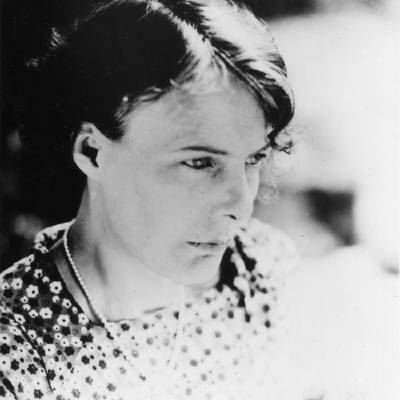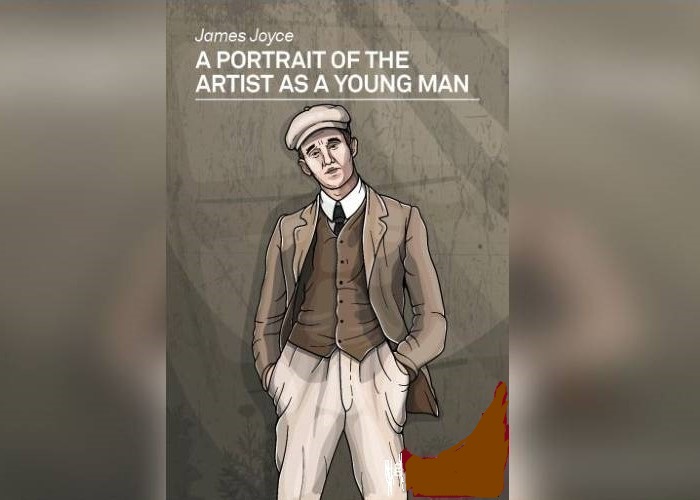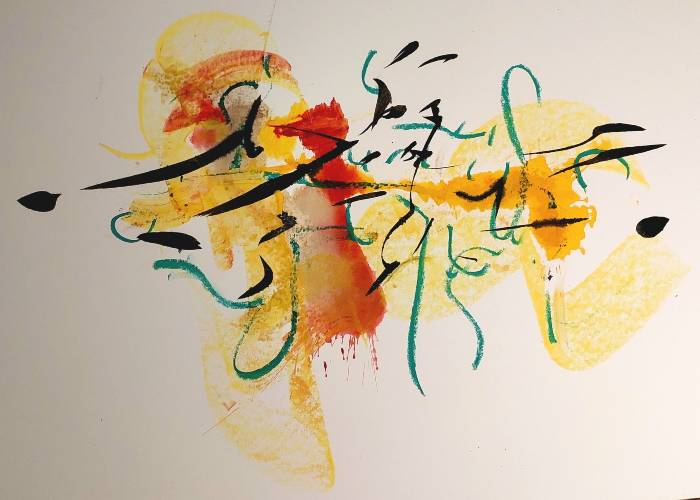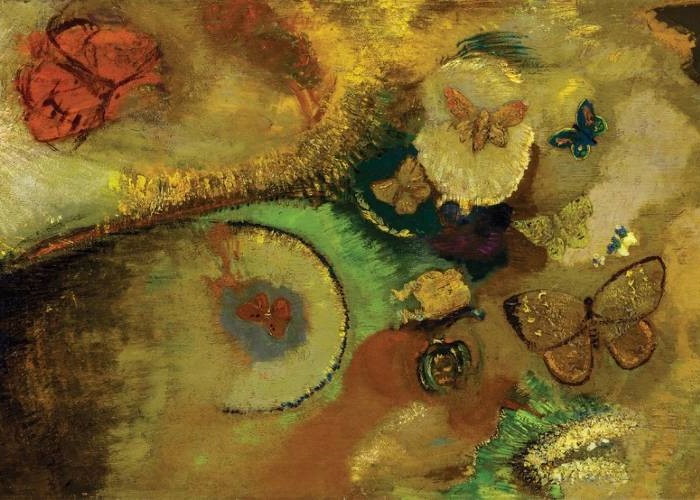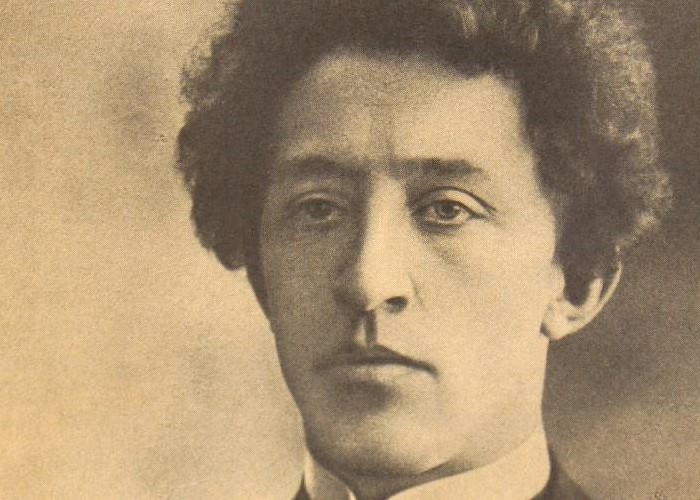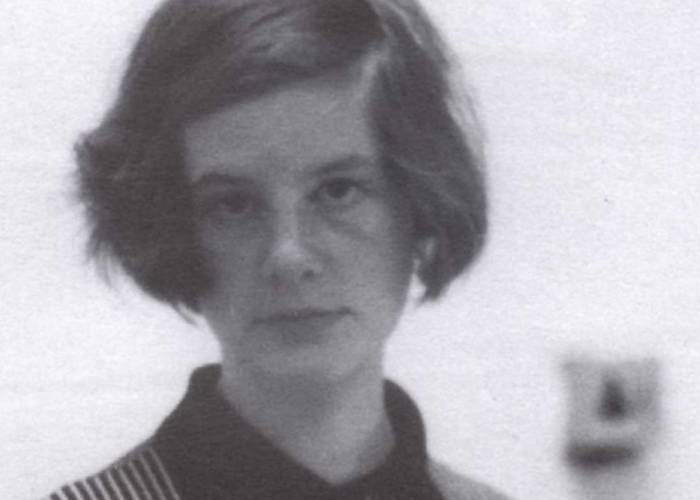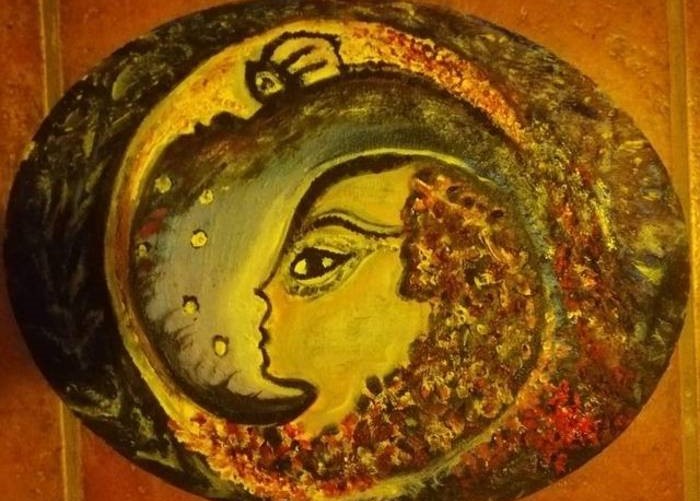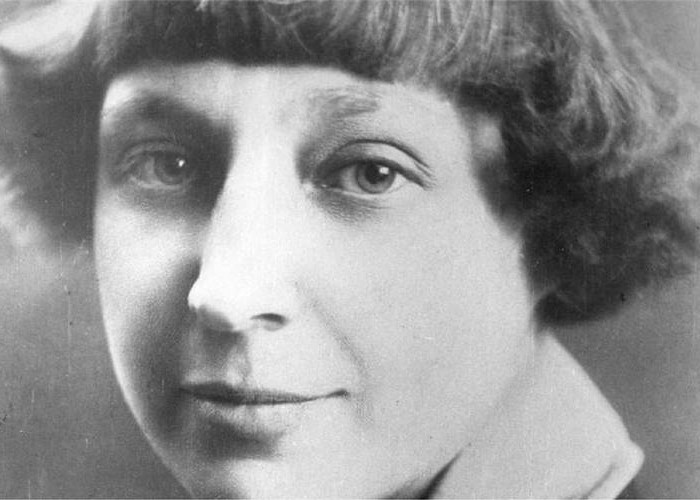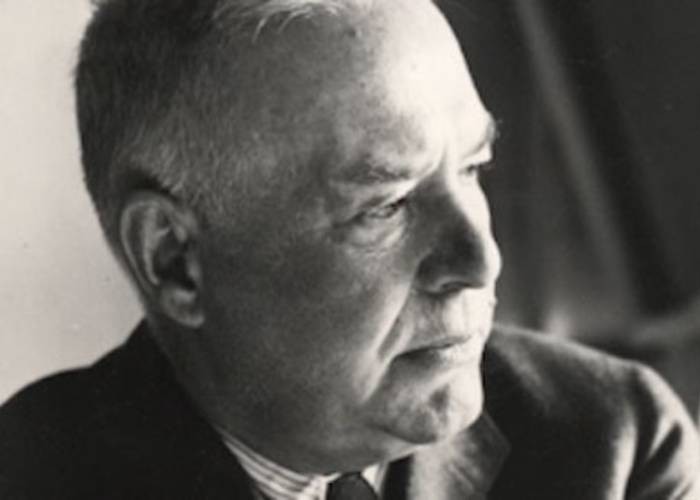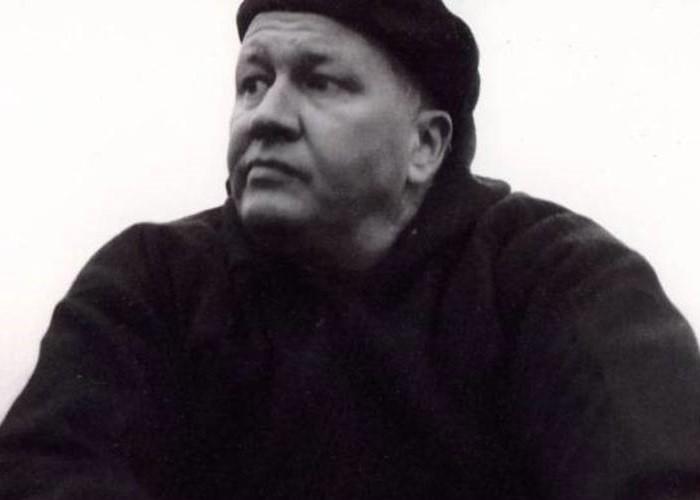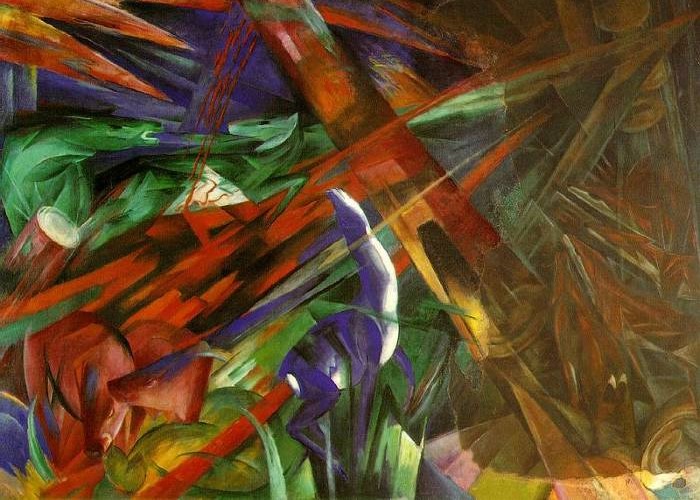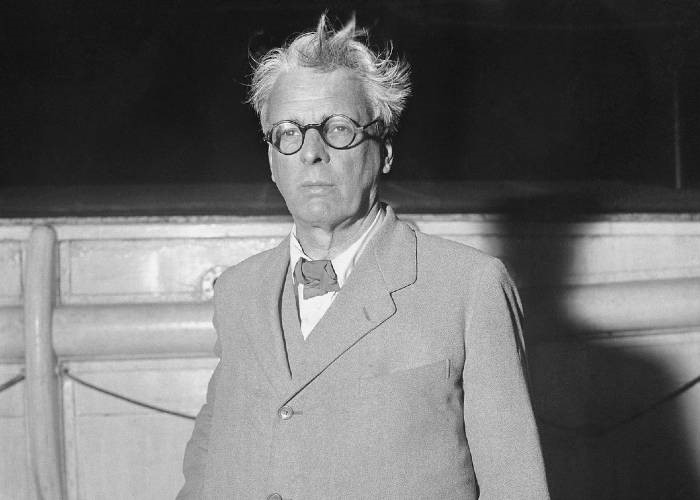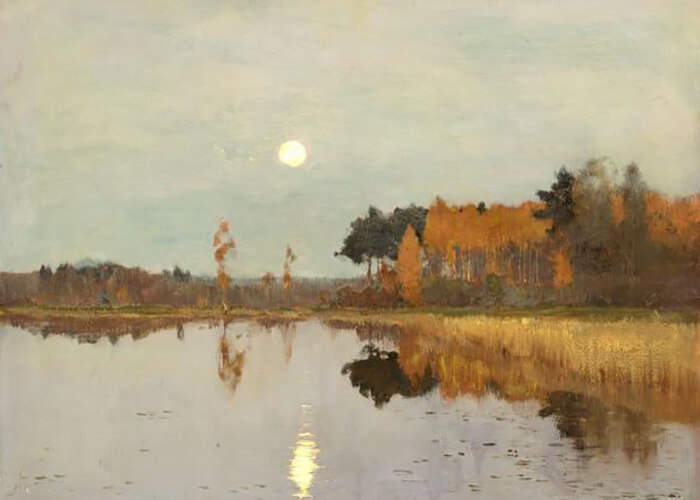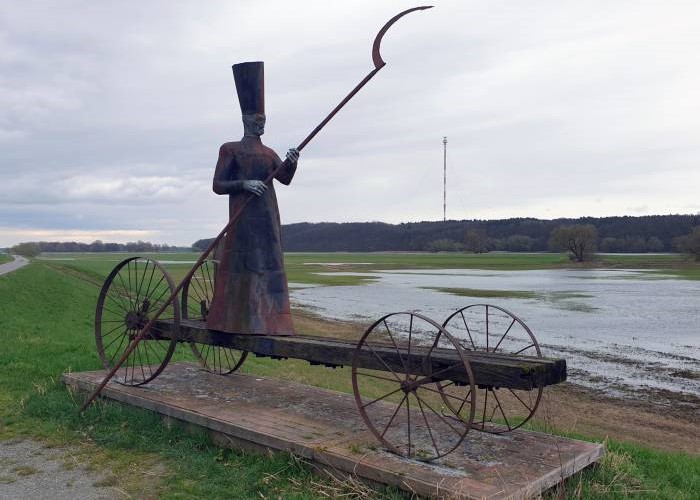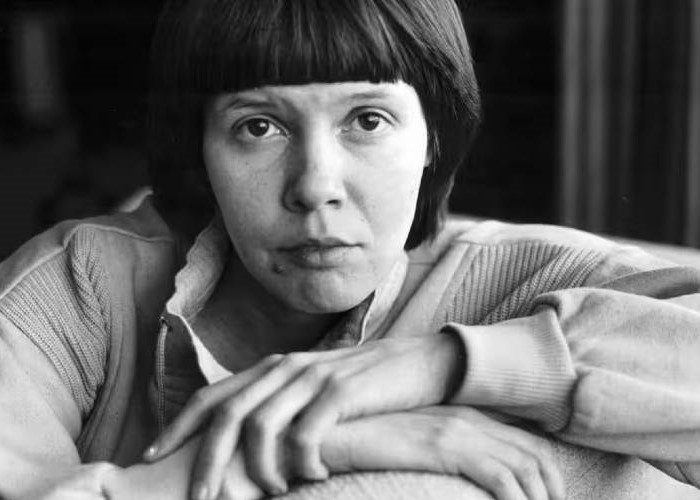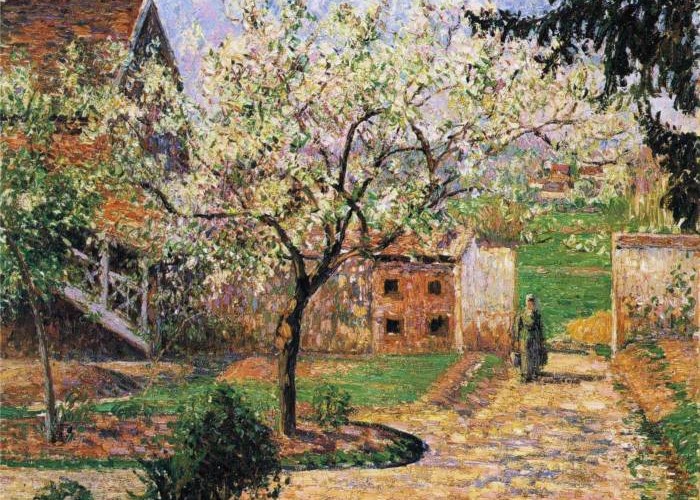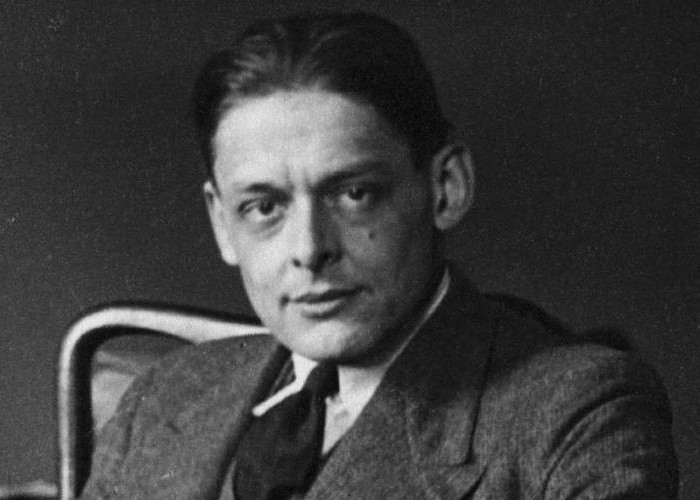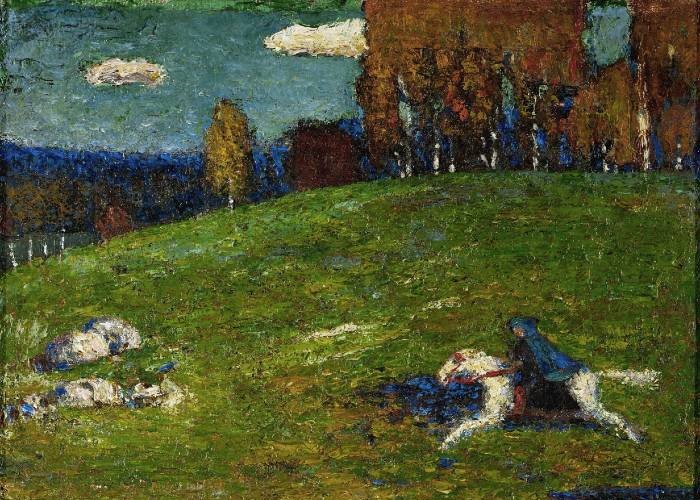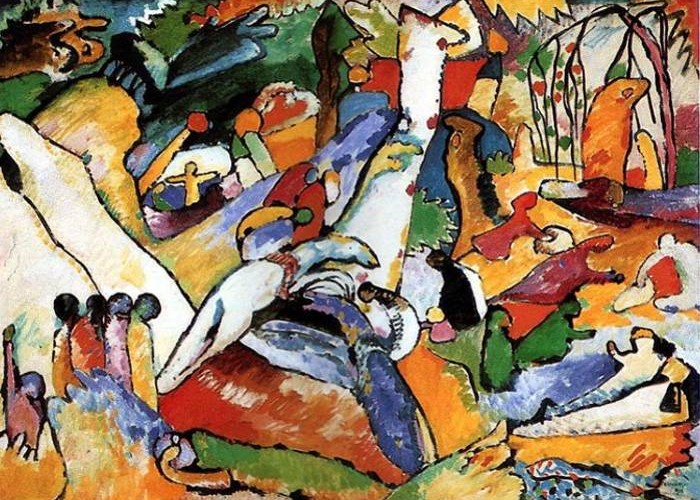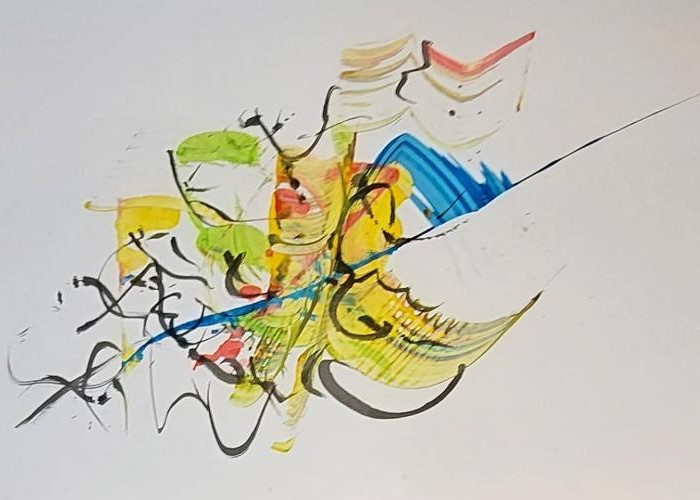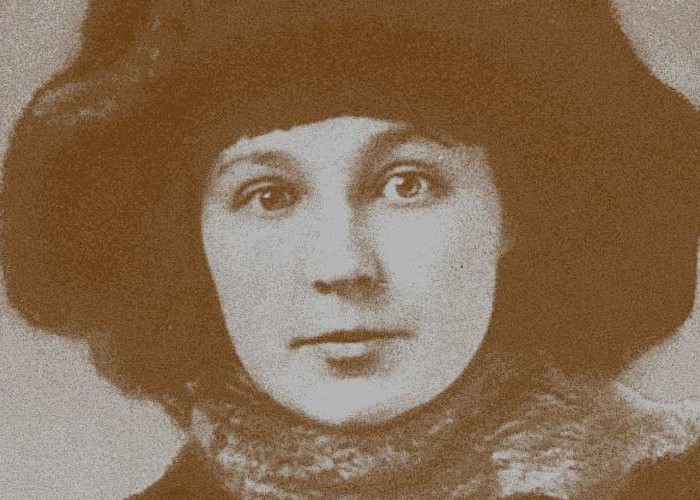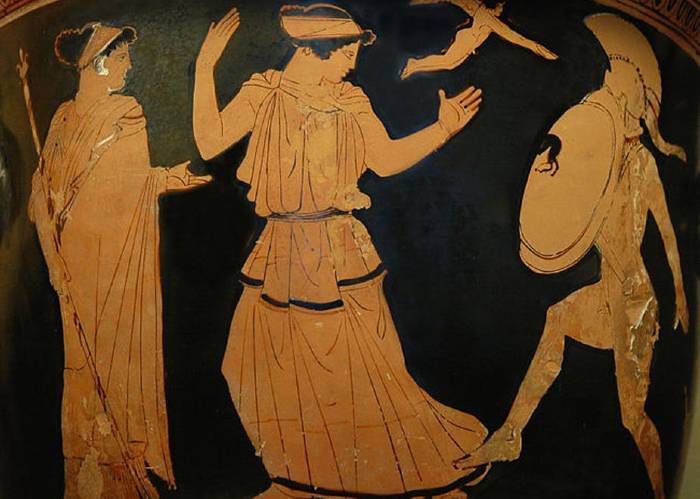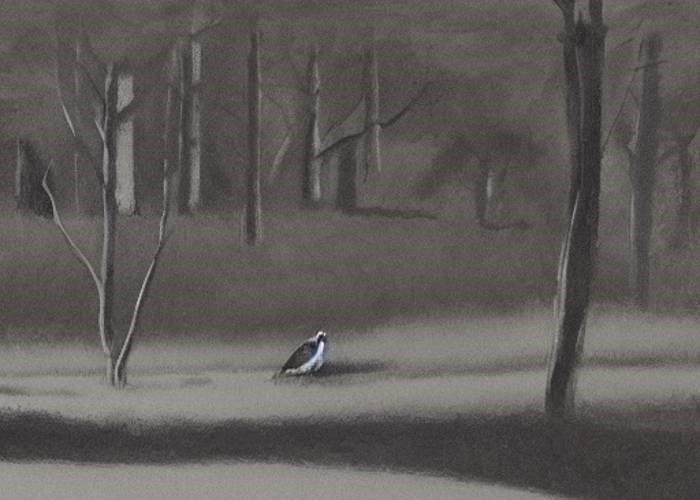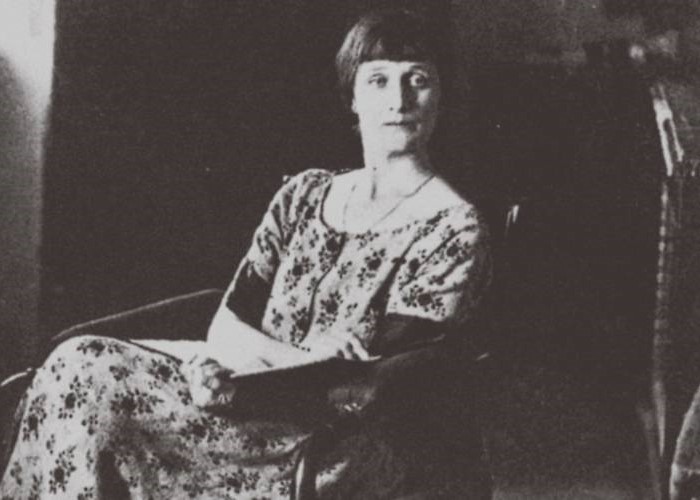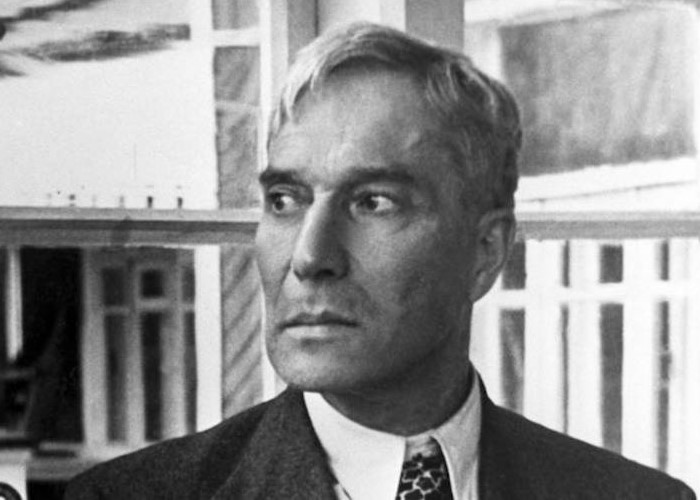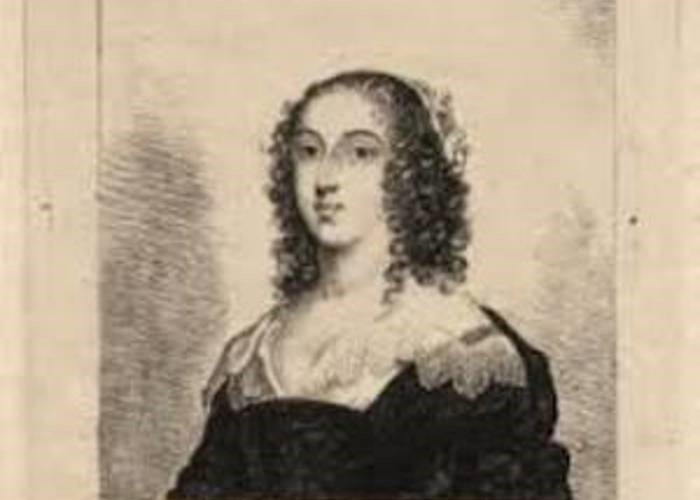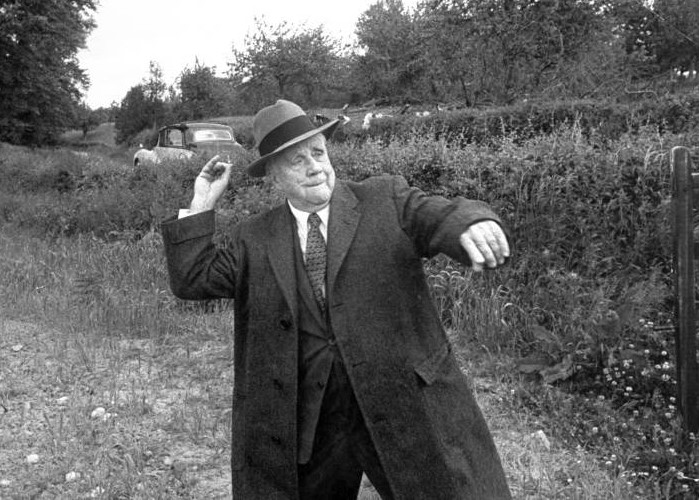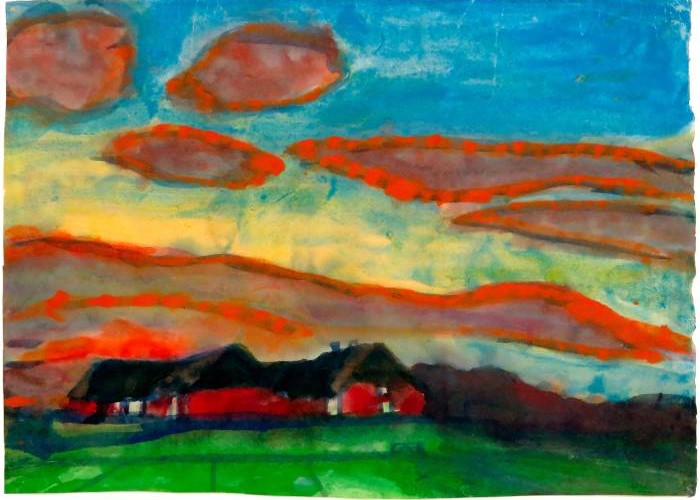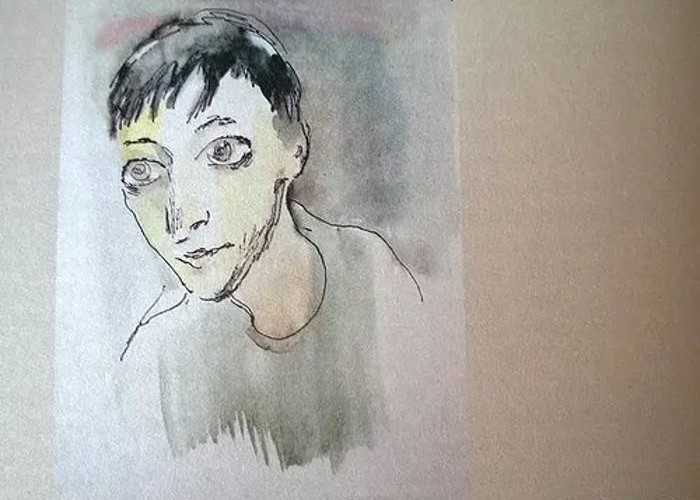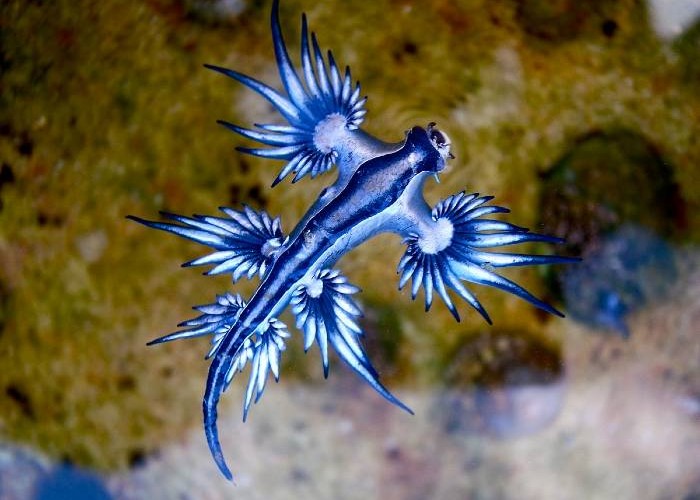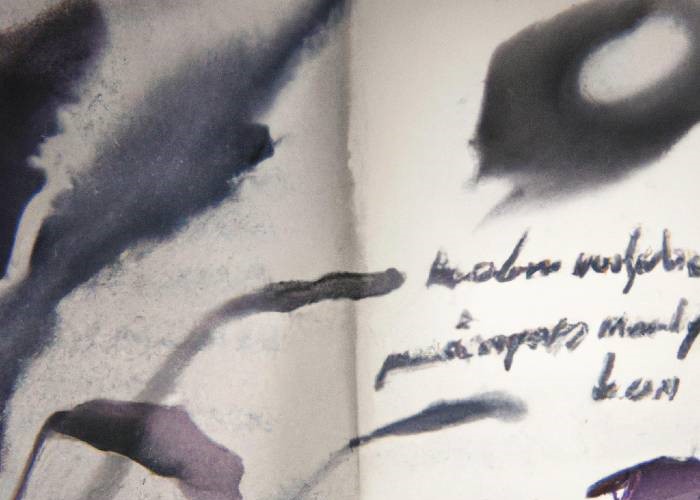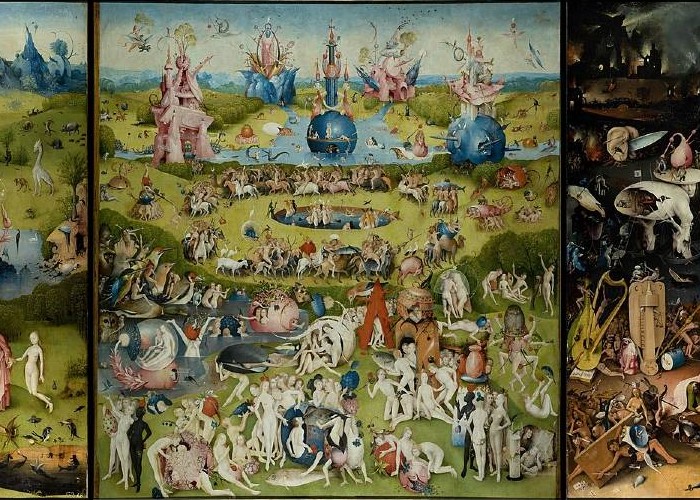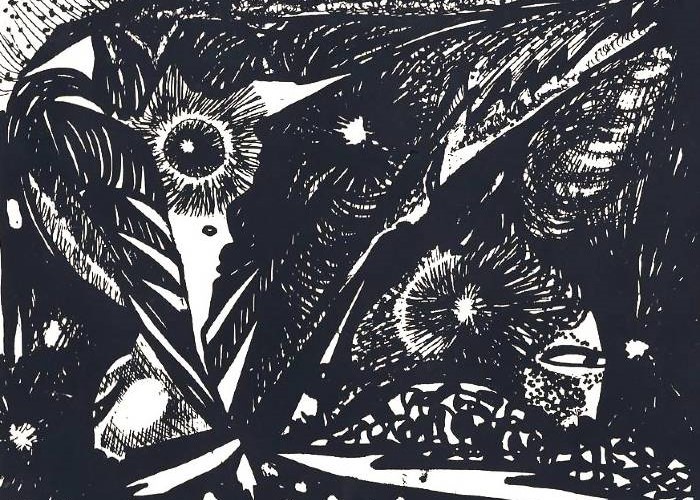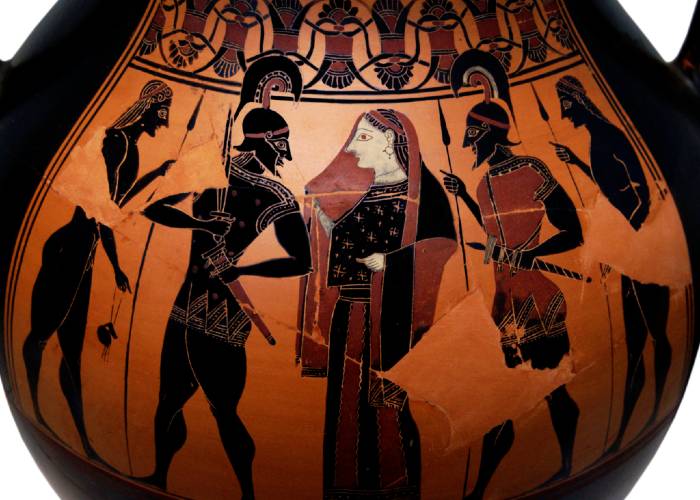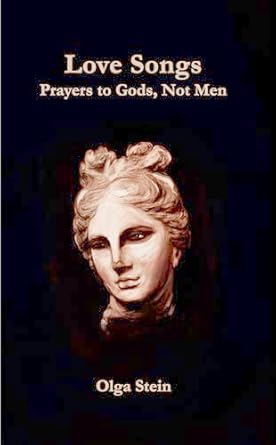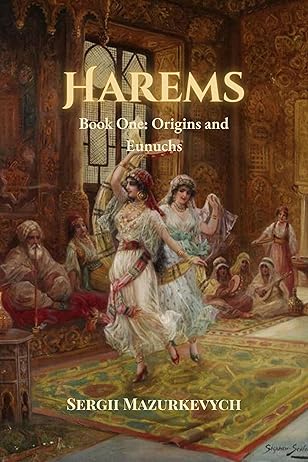Helen
All Greece hates
the still eyes in the white face,
the lustre as of olives
where she stands,
and the white hands.
All Greece reviles
the wan face when she smiles,
hating it deeper still
when it grows wan and white,
remembering past enchantments
and past ills.
Greece sees unmoved,
God’s daughter, born of love,
the beauty of cool feet
and slenderest knees,
could love indeed the maid,
only if she were laid,
white ash amid funereal cypresses.
Eurydice
I
So you have swept me back,
I who could have walked with the live souls
above the earth,
I who could have slept among the live flowers
at last;
so for your arrogance
and your ruthlessness
I am swept back
where dead lichens drip
dead cinders upon moss of ash;
so for your arrogance
I am broken at last,
I who had lived unconscious,
who was almost forgot;
if you had let me wait
I had grown from listlessness
into peace,
if you had let me rest with the dead,
I had forgot you
and the past.
II
Here only flame upon flame
and black among the red sparks,
streaks of black and light
grown colourless;
why did you turn back,
that hell should be reinhabited
of myself thus
swept into nothingness?
why did you glance back?
why did you hesitate for that moment?
why did you bend your face
caught with the flame of the upper earth,
above my face?
what was it that crossed my face
with the light from yours
and your glance?
what was it you saw in my face?
the light of your own face,
the fire of your own presence?
What had my face to offer
but reflex of the earth,
hyacinth colour
caught from the raw fissure in the rock
where the light struck,
and the colour of azure crocuses
and the bright surface of gold crocuses
and of the wind-flower,
swift in its veins as lightning
and as white.
III
Saffron from the fringe of the earth,
wild saffron that has bent
over the sharp edge of earth,
all the flowers that cut through the earth,
all, all the flowers are lost;
everything is lost,
everything is crossed with black,
black upon black
and worse than black,
this colourless light.
IV
Fringe upon fringe
of blue crocuses,
crocuses, walled against blue of themselves,
blue of that upper earth,
blue of the depth upon depth of flowers,
lost;
flowers,
if I could have taken once my breath of them,
enough of them,
more than earth,
even than of the upper earth,
had passed with me
beneath the earth;
if I could have caught up from the earth,
the whole of the flowers of the earth,
if once I could have breathed into myself
the very golden crocuses
and the red,
and the very golden hearts of the first saffron,
the whole of the golden mass,
the whole of the great fragrance,
I could have dared the loss.
V
So for your arrogance
and your ruthlessness
I have lost the earth
and the flowers of the earth,
and the live souls above the earth,
and you who passed across the light
and reached
ruthless;
you who have your own light,
who are to yourself a presence,
who need no presence;
yet for all your arrogance
and your glance,
I tell you this:
such loss is no loss,
such terror, such coils and strands and pitfalls
of blackness,
such terror
is no loss;
hell is no worse than your earth
above the earth,
hell is no worse,
no, nor your flowers
nor your veins of light
nor your presence,
a loss;
my hell is no worse than yours
though you pass among the flowers and speak
with the spirits above earth.
VI
Against the black
I have more fervour
than you in all the splendour of that place,
against the blackness
and the stark grey
I have more light;
and the flowers,
if I should tell you,
you would turn from your own fit paths
toward hell,
turn again and glance back
and I would sink into a place
even more terrible than this.
VII
At least I have the flowers of myself,
and my thoughts, no god
can take that;
I have the fervour of myself for a presence
and my own spirit for light;
and my spirit with its loss
knows this;
though small against the black,
small against the formless rocks,
hell must break before I am lost;
before I am lost,
hell must open like a red rose
for the dead to pass.
(See Russian translation by Ian Probstein on the Russian page)
